Which entrance exam is easier to crack, IIT JEE or NEET?
NEET and IIT JEE are two of the most competitive entrance exams in India. Students who wish to pursue a career in medicine or engineering need to appear for these exams to secure a seat in a reputed college. But which one is easier to crack? Let's find out.
What is NEET?
NEET stands for National Eligibility cum Entrance Test. It is an entrance exam conducted for students who wish to pursue MBBS, BDS, or other medical courses in India. NEET consists of 200 multiple-choice questions, out of which 180 to be answered and the exam duration is three hours. The syllabus covers topics such as physics, chemistry, and biology.
What is IIT JEE?
IIT JEE or Joint Entrance Examination is an entrance exam conducted for students who wish to pursue engineering courses in India. IIT JEE consists of two papers - JEE Main and JEE Advanced. The exam duration is three hours for each paper, and the syllabus covers topics such as physics, chemistry, and mathematics.
Difficulty Level
Both NEET and IIT JEE are tough exams, and the difficulty level is subjective. However, the syllabus of NEET is relatively smaller than that of IIT JEE. NEET focuses only on biology, chemistry, and physics, whereas IIT JEE has an additional mathematics section, which makes it more challenging.
Competition
The competition level for both exams is equally high. Lakhs of students appear for NEET and IIT JEE each year, and only a few are selected. However, the number of seats available for medical courses is comparatively lesser than that of engineering courses.
IIT JEE vs NEET
The IIT JEE (Indian Institutes of Technology Joint Entrance Examination) and NEET (National Eligibility cum Entrance Test) are both highly competitive entrance exams in India. However, they test different subjects and are meant for different career paths.
The IIT JEE is an entrance exam for admission to undergraduate engineering programs at the Indian Institutes of Technology (IITs) and other top engineering colleges in India. The exam tests knowledge in mathematics, physics, and chemistry.
On the other hand, NEET is an entrance exam for admission to undergraduate medical and dental programs in India. The exam tests knowledge in biology, physics, and chemistry.
The difficulty level of both exams is high, and cracking either of them requires a lot of hard work, dedication, and preparation. It's challenging to compare the difficulty level of the two exams as they test different subjects and require different skills. Some students may find one exam easier than the other, depending on their strengths and weaknesses.
NEET (National Eligibility cum Entrance Test) and IIT JEE (Joint Entrance Examination) are two different entrance exams conducted in India for different courses. Here are some key differences between the two exams:
Purpose: NEET is conducted for admission to undergraduate medical and dental courses, while IIT JEE is conducted for admission to undergraduate engineering courses.
Syllabus: The syllabus for NEET mainly covers biology, physics, and chemistry, while the syllabus for IIT JEE covers mathematics, physics, and chemistry.
Exam Pattern: NEET is a three-hour exam with 180 multiple choice questions, while IIT JEE has two parts - JEE Main and JEE Advanced. JEE Main is a three-hour exam with multiple choice questions, while JEE Advanced is a seven-hour exam with both multiple choice and numerical answer questions.
Difficulty Level: Both exams are highly competitive, but IIT JEE is generally considered to be more challenging than NEET.
Eligibility: To appear for NEET, candidates must have completed 10+2 with Physics, Chemistry, Biology/Biotechnology, and English as core subjects. To appear for IIT JEE, candidates must have completed 10+2 with Physics, Chemistry, and Mathematics as core subjects.
Colleges: NEET scores are used for admission to medical and dental colleges across India, while IIT JEE scores are used for admission to the Indian Institutes of Technology (IITs) and some other engineering colleges in India.
Overall, NEET and IIT JEE are two different exams with different purposes, syllabus, and exam patterns. Candidates should choose the exam based on their interests and career aspirations.
Basis
|
IIT JEE
|
NEET
|
| Full Form |
Joint Entrance Examination |
National Eligibility cum Entrance Test |
| Type |
Computer-based test |
Pen and paper-based |
| Subjects/ Skills |
- Paper 1: Physics, Chemistry and Mathematics
- Paper 2: Mathematics, Aptitude, Drawing and Planning
|
Biology, Chemistry and Physics |
| Number of questions |
90 (30 questions from each subject) |
180 Questions
Physics- 45, Chemistry- 45, Biology- 90 (Botany- 45, Zoology- 45)
|
| Duration |
3 hours |
3 hours |
| Types of questions |
60MCQs+ 30 Questions for which answer is a Numerical Value |
Multiple Choice Questions (MCQs) |
| Marking Scheme |
- For MCQs: +4 for each correct answer; -1 for each incorrect answer; Unattempted questions will not be marked.
- For Non- MCQs: +4 for each correct answer, no negative marking for incorrect answers or unattempted questions.
|
+ 4 for a correct answer, -1 for an incorrect answer |
| Used for |
Admission to undergraduate Engineering and architecture courses in 31 NITs, 23 IITs and other colleges. |
Admission to undergraduate Medical courses in government and private colleges. |
| Score Range |
-75 to 300 |
-180 to 720 |
| Frequency |
2 times in a year |
Once a year |
| Restriction |
Applicant must appear for the exam within 3 years of passing class 12th |
Applicant must be at least 17 years old (if more than 25 years old, then subjected to the Supreme Courts’ orders) |
| Languages |
Assamese, Bengali, English, Gujarati, Hindi, Kannada, Malayalam, Marathi, Odiya, Punjabi, Tamil, Urdu and Telugu. |
Assamese, Bengali, English, Gujarati, Hindi, Kannada, Marathi, Oriya, Tamil, Telugu, Urdu |
| 12th Class Cutoff for Eligibility |
- General – 75%
- Reserved – 65%
|
- General – 50%
- OBC – 45%
- SC/ST/PWD – 40%
|
| Exam Fees |
- General/ OBC (Non-creamy layer): Boys – Rs 650/- Girls–Rs 325/-
- SC/ST/Boys – Rs 325/- Girls– Rs 325/
|
General Category – Rs 1500General EWS/ OBC – Rs 1400 ST/ SC/ PWD/ – Rs.800 |
| Official website |
https://jeemain.nta.nic.in |
https://neet.nta.nic.in/ |
Conclusion
In conclusion, the difficulty level of IIT JEE and NEET exams cannot be compared as they test different subjects and require different skills. Both NEET and IIT JEE are tough exams, and the difficulty level depends on the student's aptitude and preparation. However, NEET has a smaller syllabus than IIT JEE, which might make it slightly easier to crack.
It is up to individual students to decide which exam they feel more confident about and put in the required effort to prepare for it.
But, students must prepare thoroughly and practice consistently to succeed in either exam.
FAQs on JEE Main vs NEET
1. NEET and JEE are they the same thing?
The primary distinction is that NEET is used to gain admission to medical institutes, whereas JEE Main is utilised to enter the profession of engineering.
2. Is JEE more difficult than NEET?
It depends on the individual's viewpoint and degree of exam preparation. However, because there are fewer seats available in NEET than in JEE Main, it is a little harder than JEE Main.
3. Can I clear both the NEET and the JEE?
Yes. You can choose the PCMB and study for both tests together if you are skilled in mathematics and biology.
4. Are the questions from JEE repeated in NEET?
No, questions from JEE (Joint Entrance Examination) are not repeated in NEET (National Eligibility cum Entrance Test). The two exams are conducted for different courses and have different syllabuses, exam patterns, and difficulty levels. While there may be some overlap in the topics covered in the two exams, the questions asked in each exam are unique and specific to the course being tested.
The questions in both exams are designed to test the candidate's knowledge, understanding, and problem-solving skills in their respective subjects. Both exams are highly competitive and require extensive preparation, including a thorough understanding of the concepts and regular practice of solving problems.
It is important for candidates to focus on the syllabus of the exam they are preparing for and practice solving questions from previous years' papers, sample papers, and mock tests to prepare effectively for the exam. Attempting previous year papers can also help candidates get a better understanding of the types of questions asked in the exam and the difficulty level of the exam.

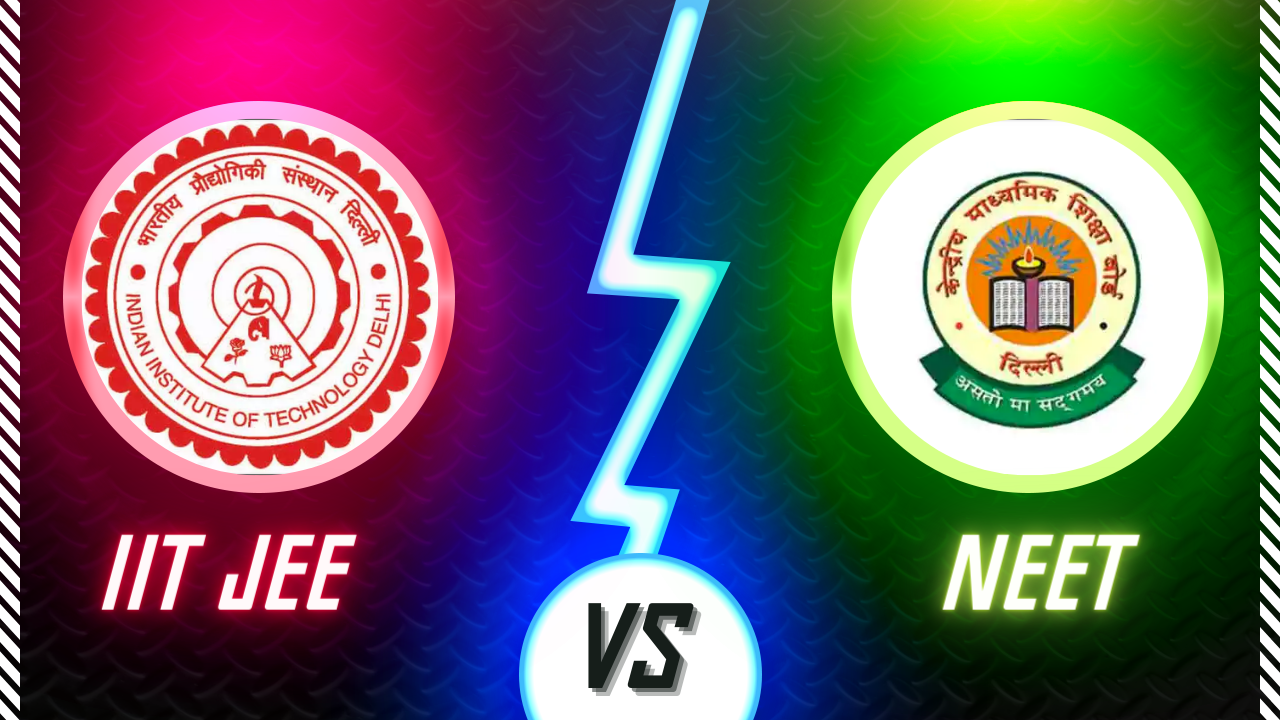

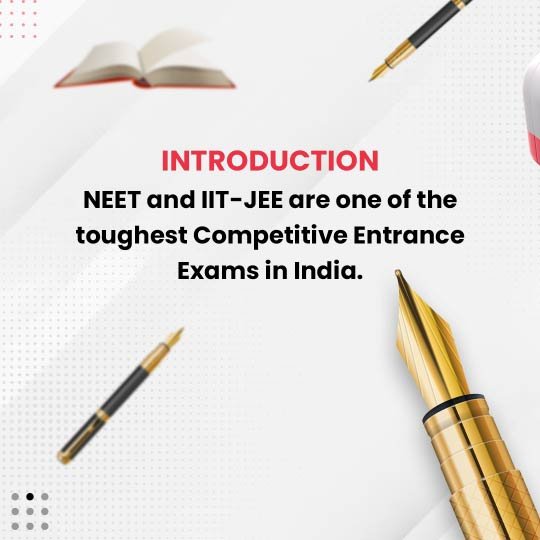
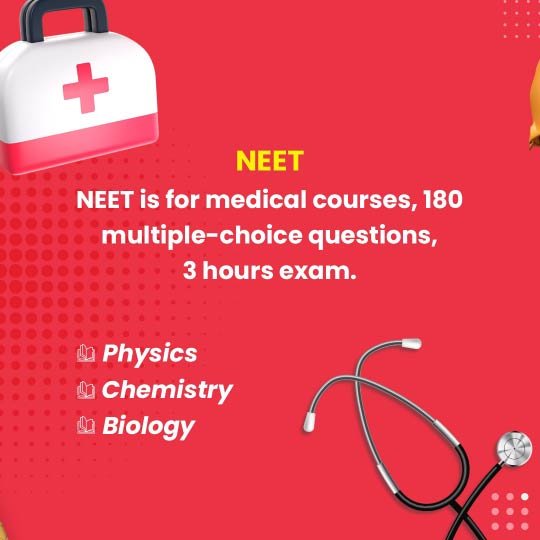
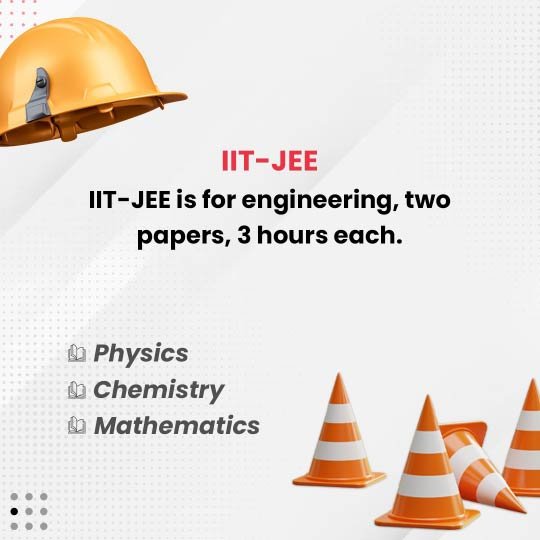








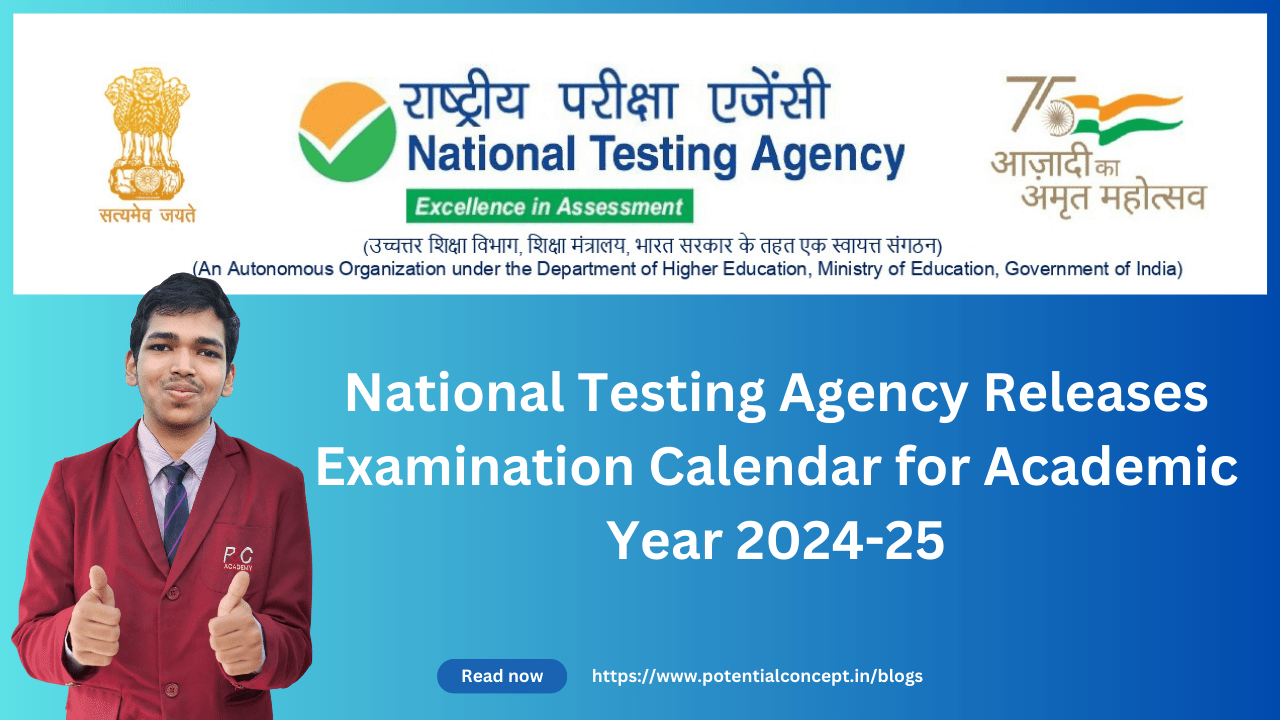













.png)





